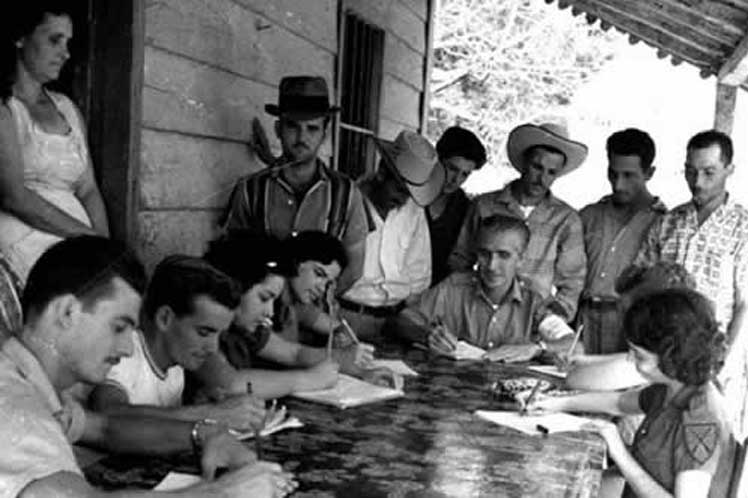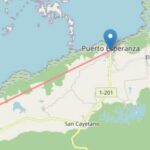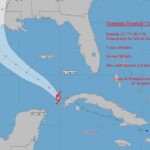Havana: Cuba is celebrating International Literacy Day this Tuesday with the recognition for its educational achievements, particularly the campaign that declared the country in 1961 as first territory free of illiteracy in the region, Prensa Latina reports.
The United Nations Educational, Scientific and Cultural Organization (UNESCO) described this initiative as a pioneering example of the values promoted by the agency for the Education 2030 Agenda.
“Unprecedented in Latin America and the Caribbean, the event constituted the starting point of the remarkable further educational advances made by the country”, the Cuban National Commission for UNESCO recently recognized in its Facebook social network account.
The campaign marked the subsequent future of the nation where it had some 979,200 illiterate people in 1961, and more than 800,000 children aged 5-15 did not attend school before the revolutionary victory.
With the premise of expanding educational guarantees, more than 100,000 students were called by the leader of the Cuban Revolution Fidel Castro to participate in the campaign that started on January 1, 1961.
As a result, about 707,200 illiterate people learned to read and write, reducing illiteracy rate to 3.9%, and the free and universal access to different levels of education was facilitated.
Almost six decades later and amid the complex situation caused by Covid-19, UNESCO recognizes Cuba’s strategies in terms of inclusive and quality Education, as it signed in the most recent 2020 Global Education Monitoring (GEM) Report.





